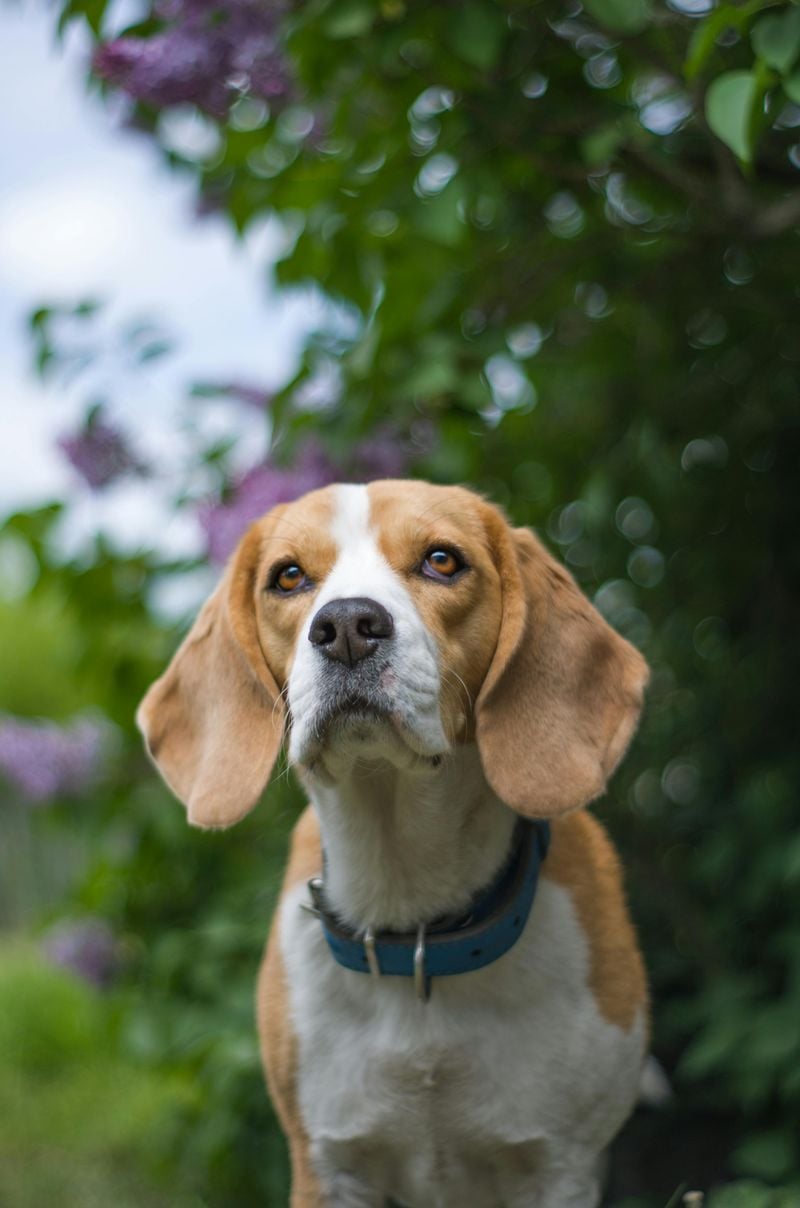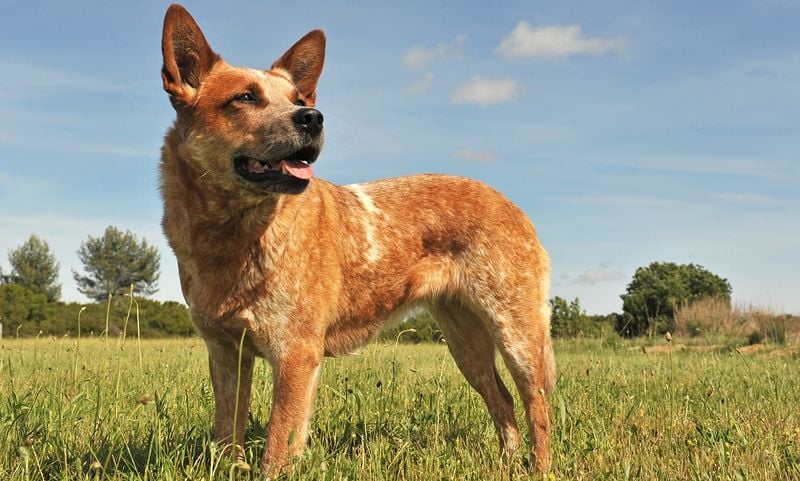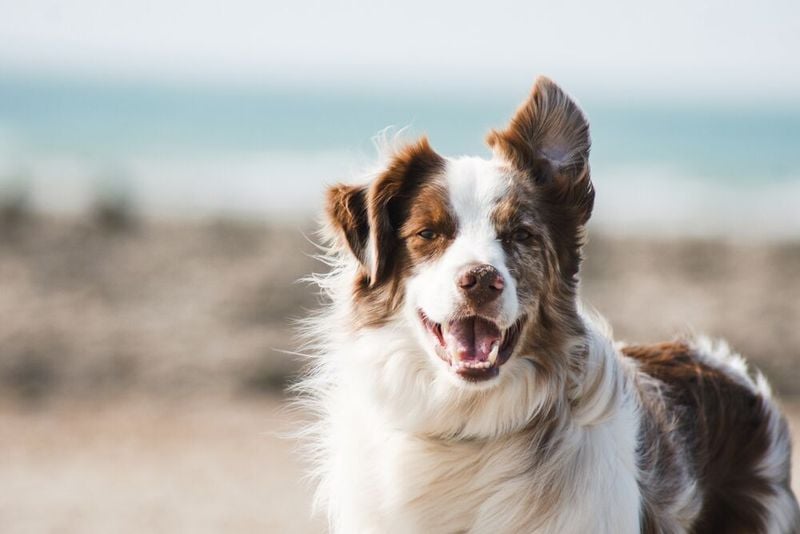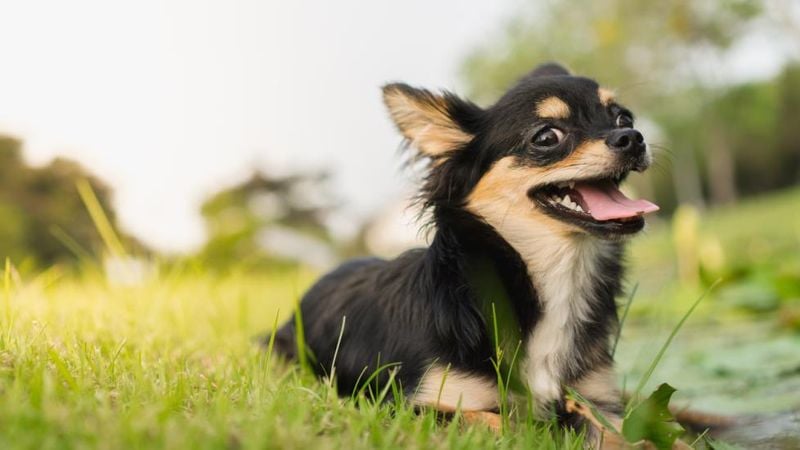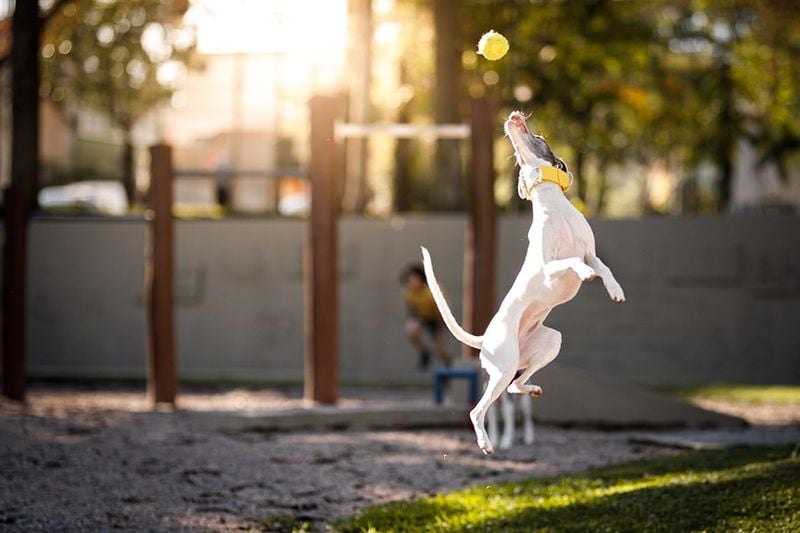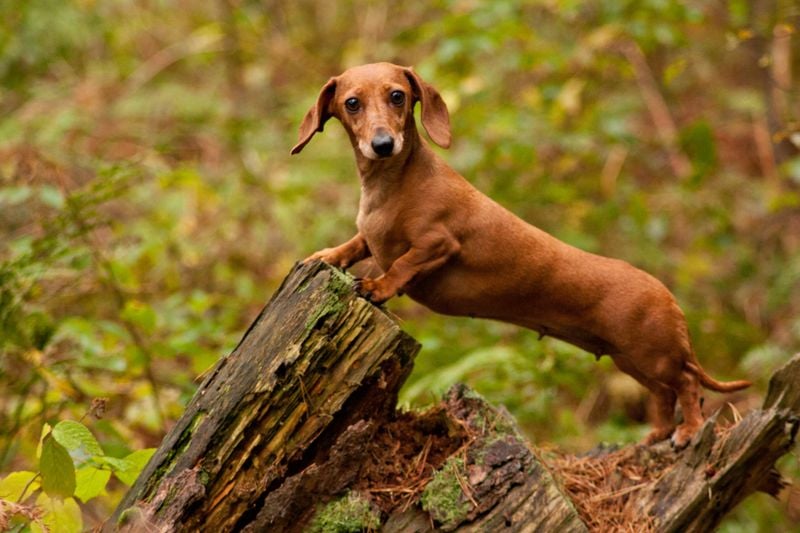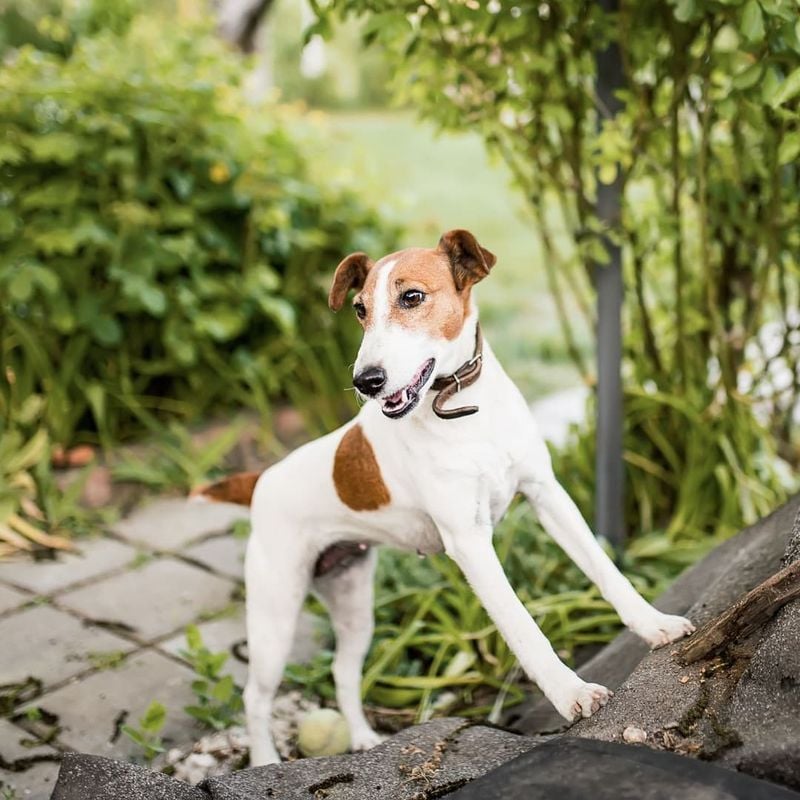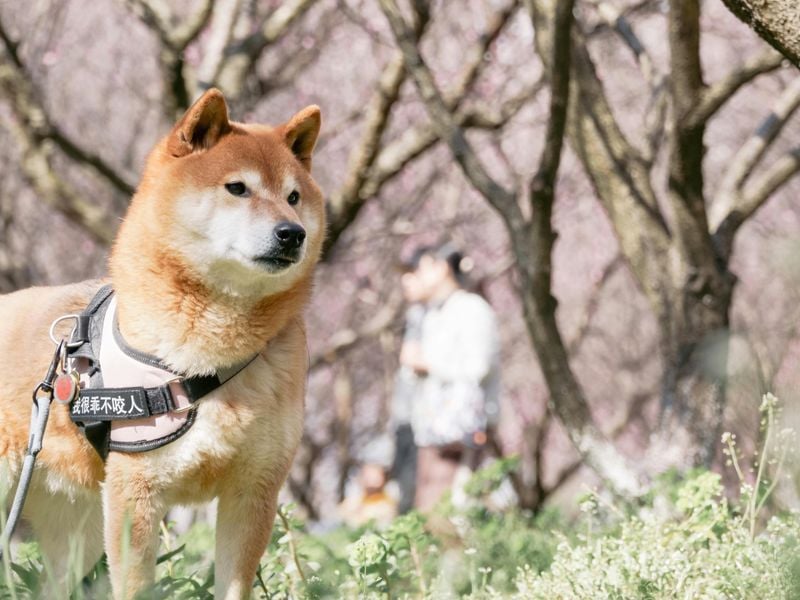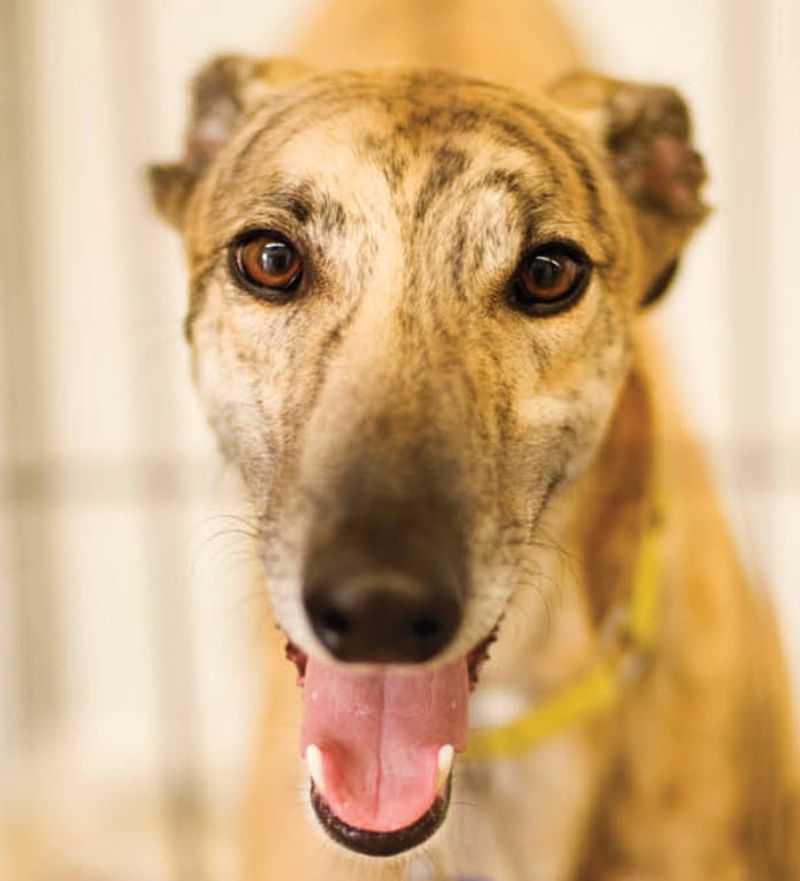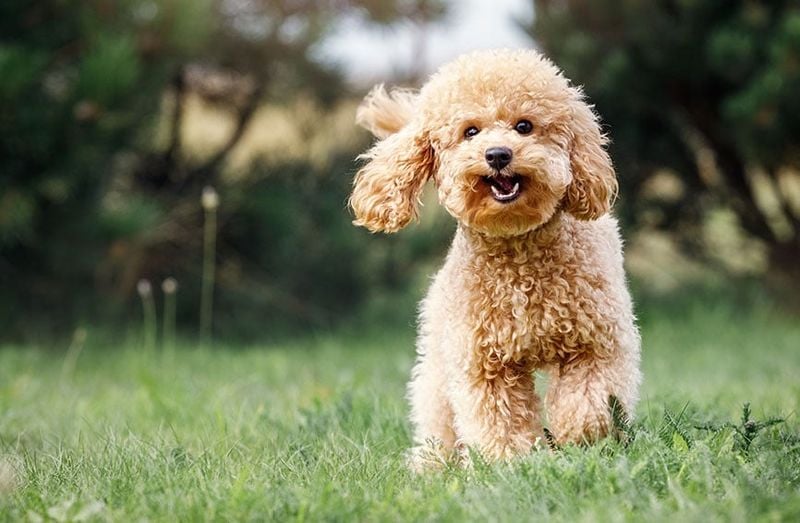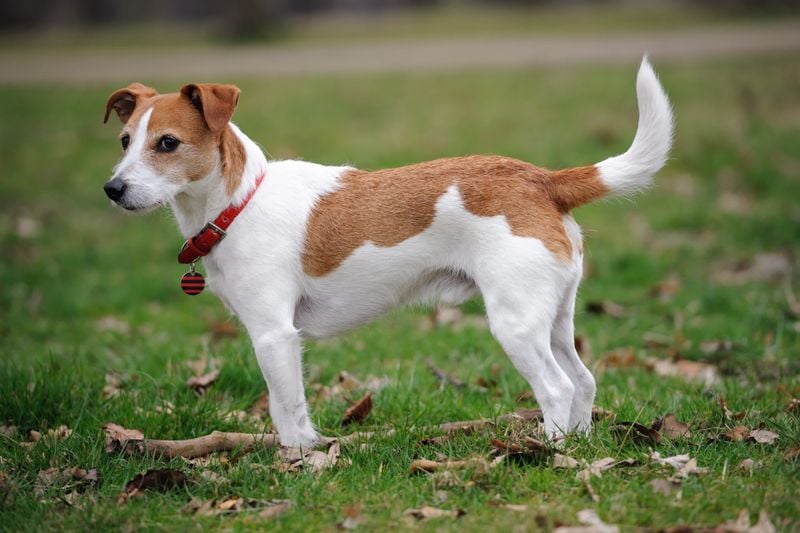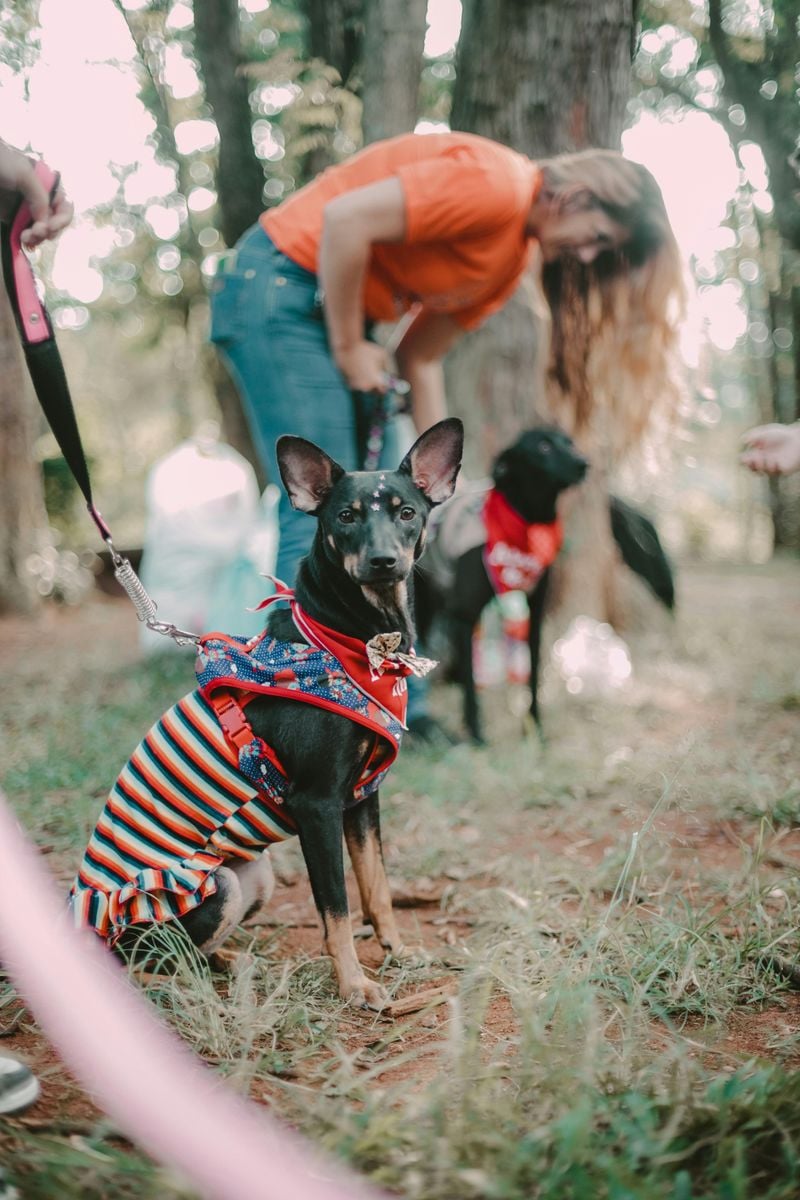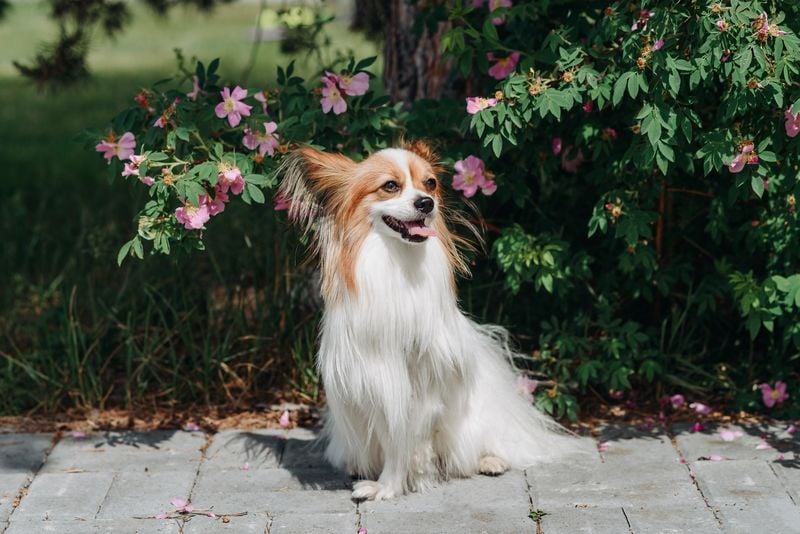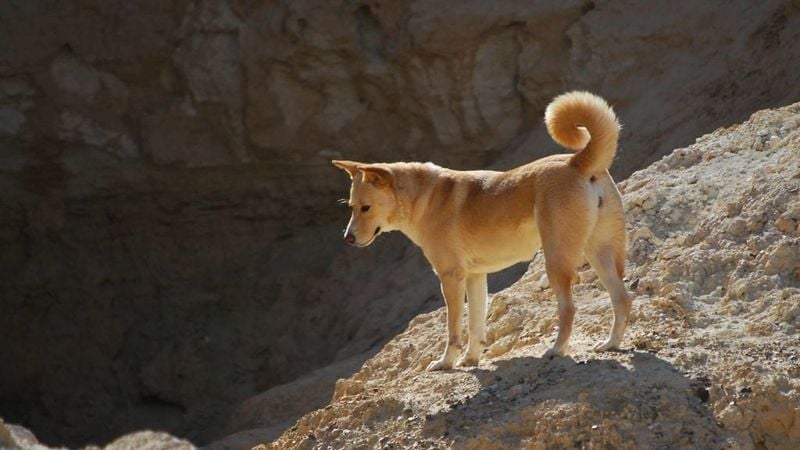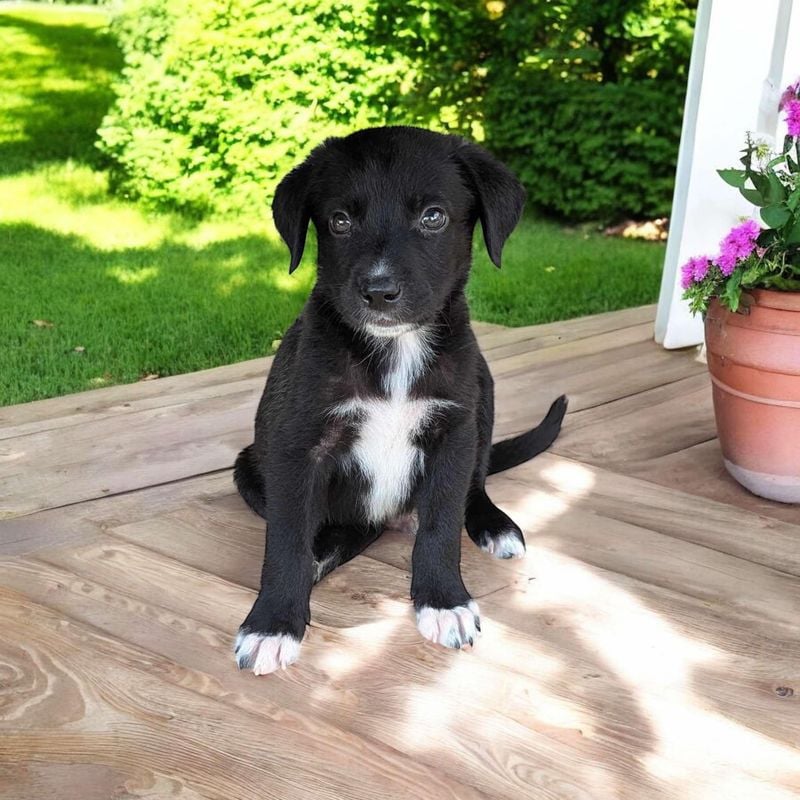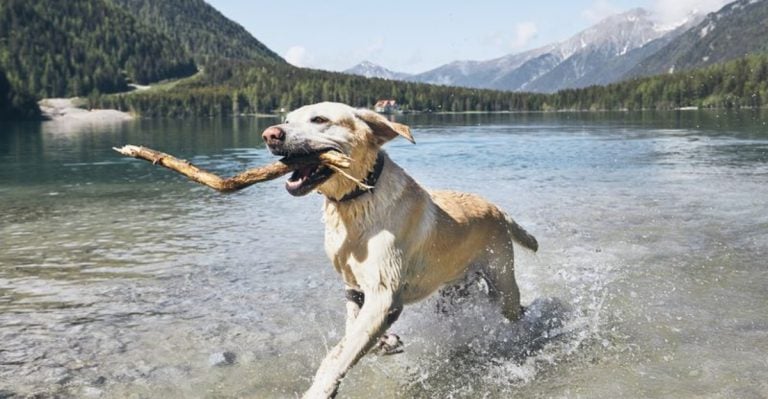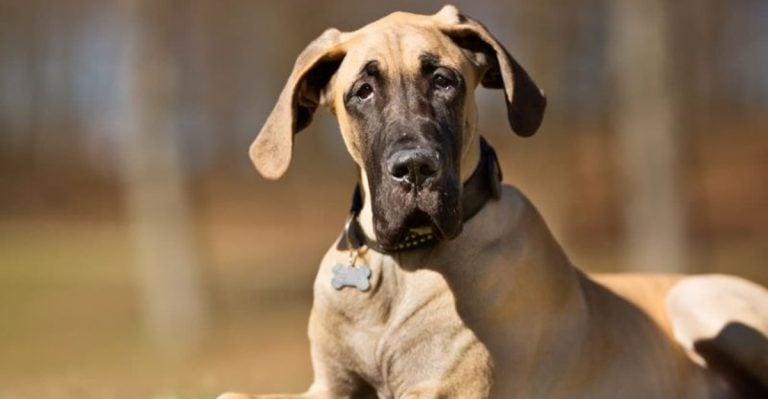20 Dog Breeds That Will Save You a Fortune in Vet Bills
Let’s be honest—owning a dog is one of life’s greatest joys, but it’s not always easy on the wallet. Between food, grooming, toys, and the occasional chewed-up shoe, the costs add up fast.
And then there’s the vet. Whether it’s routine checkups, unexpected illnesses, or long-term medications, veterinary bills can sneak up and take a big bite out of your budget.
But what if you could still enjoy the loyalty and love of a furry companion without the sky-high vet expenses? The good news? Not all breeds are created equal when it comes to medical costs.
While some pups seem to have a frequent flyer card at the vet’s office, others are blessed with ironclad immune systems, low-maintenance health needs, and few hereditary issues.
These budget-friendly dogs aren’t just adorable—they’re also impressively hardy.
In this guide, we’ve rounded up 20 dog breeds that are known for their resilience, longevity, and overall affordability when it comes to veterinary care.
Whether you’re a first-time owner or a seasoned dog lover looking for a lower-cost companion, these breeds offer all the cuddles with fewer costly surprises.
From compact terriers and speedy sighthounds to brainy border collies and spirited mutts, this list proves that saving money doesn’t mean sacrificing personality or charm.
1. Beagle
Beagles are a favorite for families—and not just because of their soulful eyes and friendly nature.
These compact hounds are known for their rugged constitution and minimal grooming needs. Their short coat is easy to maintain, and their strong immune system means fewer trips to the vet.
While they can be prone to obesity if overfed, their overall health record is impressive. Beagles rarely suffer from the serious hereditary conditions that plague other breeds.
As long as you give them regular exercise and keep their curious noses out of trouble, your vet bills will likely stay low.
2. Australian Cattle Dog
Australian Cattle Dogs are built for work—and it shows. Originally bred to herd livestock across harsh Australian terrain, these dogs are tough, energetic, and blessed with long, healthy lives.
In fact, some have been known to live well into their late teens.
They aren’t prone to many genetic disorders and rarely require extensive veterinary care.
With a well-balanced diet and regular activity, they tend to thrive on their own. If you want a loyal, sharp, and nearly indestructible companion, this breed offers peace of mind and long-term savings.
3. Border Collie
Border Collies are often hailed as the most intelligent dog breed, but they also score high in physical resilience. These athletic dogs are bred for sheep herding and high-endurance tasks, so their bodies are naturally durable.
With few chronic health issues and an impressive lifespan, Border Collies are less likely to rack up frequent vet bills—provided their active lifestyle is maintained.
Keep them mentally and physically stimulated, and they’ll stay out of the vet’s office and firmly in your good graces.
4. Chihuahua
Don’t let their size fool you—Chihuahuas are tiny titans when it comes to health. These pint-sized pups are known to live 14 to 17 years or more with very few serious health concerns along the way.
Because of their size, they require lower doses of medication, cheaper food portions, and minimal grooming.
As long as they avoid injuries from jumping off furniture or rough handling, vet visits are few and far between. They’re a budget-conscious dog lover’s dream in a teeny-tiny package.
5. Basenji
Often called the “barkless dog,” the Basenji is also one of the least likely to bark up a big vet bill. This ancient African breed is low-maintenance, naturally clean, and has a very short coat that doesn’t require grooming.
Genetically, Basenjis are sturdy and long-lived, with very few of the inherited diseases common in other breeds.
They’re independent and somewhat cat-like in behavior, making them ideal for owners who want a healthy, self-sufficient companion that won’t send them into debt.
6. Whippet
Graceful and gentle, Whippets are not only sleek in appearance but also surprisingly low-cost when it comes to medical care. These sighthounds are genetically clean and tend to live long, healthy lives without a laundry list of hereditary problems.
Thanks to their short, low-shedding coat and low body fat, they don’t need much grooming or special maintenance.
As long as they’re kept warm in colder months and protected from roughhousing (their skin is a bit delicate), Whippets are peaceful, low-maintenance pets that won’t nickel-and-dime you at the vet.
7. Dachshund (Miniature)
Dachshunds—especially the miniature variety—have a reputation for being bold and surprisingly sturdy despite their tiny stature and long bodies.
While they are prone to back issues like IVDD, those risks are greatly reduced with proper care, such as using ramps and avoiding stairs.
Beyond that, these little dogs are quite healthy and inexpensive to maintain. They don’t need professional grooming, eat small portions, and typically live long lives.
If you’re mindful of their back and keep their weight in check, vet visits can stay minimal.
8. Fox Terrier
With endless energy and a go-getter attitude, Fox Terriers are one of the hardiest small breeds around. Originally bred for hunting and vermin control, they come with an athletic body and a resilient constitution that’s tough to wear down.
They’re not known for hereditary conditions and rarely suffer from chronic illnesses. Their grooming needs are modest, especially for the smooth-coated variety.
If you’re looking for a feisty, playful companion that doesn’t require a second mortgage to maintain, this one’s a win.
9. Shiba Inu
Shibas are known for being independent, clean, and remarkably healthy. These fox-like dogs require very little professional grooming and are practically odorless—bonus points for cleanliness without the vet bills that come from skin or coat issues.
They’re prone to only a handful of genetic conditions, and most live long, uneventful lives health-wise.
Their aloof personality means they don’t constantly demand attention, and their medical records tend to be refreshingly boring—which, in this case, is a very good thing.
10. Greyhound
Despite their reputation as former racing athletes, Greyhounds are surprisingly chill—and even more surprisingly, incredibly healthy. Their lean build and minimal body fat reduce the risk of many health problems seen in other breeds.
They don’t need much grooming, have short hair that doesn’t shed excessively, and rarely suffer from orthopedic issues.
In fact, once retired from the track, Greyhounds often transition into low-maintenance couch potatoes who hardly ever need to see the vet, aside from annual checkups.
11. Labrador Retriever
Labs may be one of the most popular breeds in the world, and thankfully, they’re also among the most reliable when it comes to health—if they’re bred responsibly.
A well-bred Labrador that’s kept lean and active can avoid many of the hip, joint, and heart problems the breed is sometimes known for.
They’re easy to groom, generally good eaters, and respond well to preventive care. If you keep their weight in check and choose a reputable breeder, your Labrador is more likely to spend their days retrieving tennis balls than racking up vet charges.
12. Poodle (Toy or Miniature)
Toy and Miniature Poodles are more than just stylish fluffballs—they’re smart, robust, and known for their longevity. These smaller versions of the Standard Poodle tend to live long, active lives with fewer health issues than many other small breeds.
Their hypoallergenic coat does require regular grooming, but vet-wise, they’re low-drama dogs.
They’re less prone to the heart and joint problems that plague toy breeds, and their sharp minds keep them away from dangerous behaviors that might cause injury.
13. Parson Russell Terrier
Don’t confuse these with the Jack Russell Terrier—though similar, Parson Russells tend to be a little taller and just as durable. These pups are all grit and bounce, with health records that rival even the hardiest breeds.
They’re not genetically prone to many diseases, and with a well-balanced diet and ample playtime, they’ll happily thrive for years without a fuss.
Their energetic spirit does require an engaged owner, but medical costs stay refreshingly low across their lifespan.
14. Belgian Malinois
Built for the battlefield and the working world, Belgian Malinois dogs are renowned for their endurance and physical resilience.
These are the dogs used by military and police forces for a reason—they’re sturdy, smart, and surprisingly low-maintenance if given proper structure and exercise.
As long as they have space to move and a job to do, their health tends to stay rock solid.
Grooming needs are basic, and they’re rarely plagued by the chronic conditions that affect other large breeds. An investment in training pays off with savings on long-term care.
15. Manchester Terrier
Manchester Terriers are sleek, agile, and naturally healthy. This breed flies under the radar, but savvy owners love them for their minimal shedding, low-maintenance coat, and enviably clean health record.
They’re not prone to skin problems, allergies, or structural issues that require corrective surgery. With their smaller frame and athletic build, they don’t place stress on their joints like larger breeds.
Add in their affectionate personality, and you’ve got a lovable dog that won’t send you running for your wallet every few months.
16. Rat Terrier
If there were an award for cost-effective companionship, the Rat Terrier would be a top contender. Originally bred to hunt vermin, these scrappy little dogs are energetic, intelligent, and impressively healthy.
They’re not known for many hereditary issues, and their short coat makes grooming a breeze.
Vet visits are rare if you maintain a balanced lifestyle for them. With their playful energy and no-fuss medical history, Rat Terriers are a dream for budget-conscious dog lovers.
17. Papillon
Don’t let their butterfly-like ears and dainty appearance fool you—Papillons are surprisingly tough. This toy breed has a long lifespan and minimal genetic issues, especially when sourced from responsible breeders.
Their coat may look high-maintenance, but it’s actually simple to care for, and they shed very little.
They’re lively, alert, and usually stay in great shape with regular activity. For owners who want a small dog that won’t rack up big bills, the Papillon delivers beauty, brains, and budget-friendliness.
18. Schipperke
The Schipperke may not be as well-known as other breeds, but its health and longevity are worth your attention. This small, fox-like dog is independent, bold, and genetically sound, with very few common breed-specific ailments.
They require little grooming thanks to their self-cleaning coat, and they rarely suffer from allergies, joint issues, or internal disorders.
These spirited little watchdogs are low on drama and high on durability, making them an excellent long-term investment for savvy dog owners.
19. Canaan Dog
As one of the world’s oldest and most primitive breeds, the Canaan Dog is a natural survivor. Bred in the Middle East to herd and guard, this breed has faced generations of natural selection—resulting in impressive health and resilience.
They require little grooming and are not prone to the diseases many modern breeds struggle with.
Their hardy constitution and independent nature mean they thrive with minimal medical intervention. This is a dog that was built to last—and to save you money while doing it.
20. Mixed Breed (Mutt)
Last but definitely not least, the humble mixed breed often wins the health lottery.
Thanks to a broader gene pool, mutts are far less likely to inherit the genetic conditions that purebred dogs face, leading to fewer health issues and lower vet bills.
They also tend to adapt well to various lifestyles and can be incredibly long-lived.
While every dog is unique, choosing a rescue or shelter mutt often brings you a loving, loyal companion without the financial baggage. Sometimes, the best value is the one wagging its tail at your local shelter.

